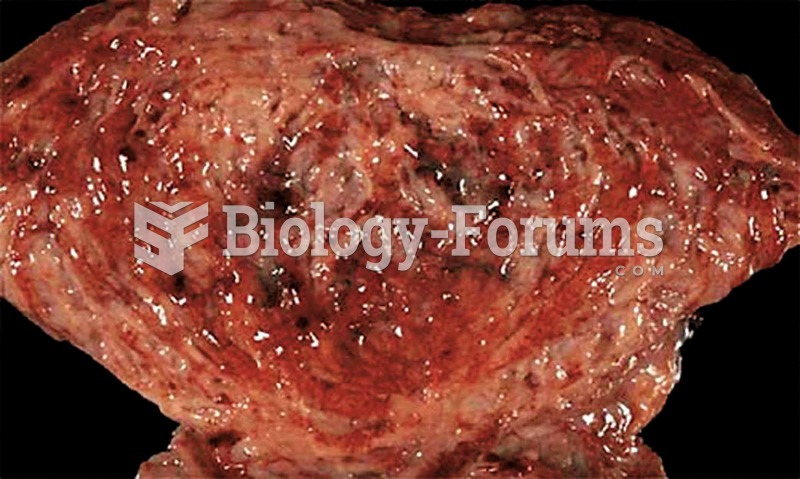|
|
|
Did you know?
The effects of organophosphate poisoning are referred to by using the abbreviations “SLUD” or “SLUDGE,” It stands for: salivation, lacrimation, urination, defecation, GI upset, and emesis.
Did you know?
In 1864, the first barbiturate (barbituric acid) was synthesized.
Did you know?
Women are 50% to 75% more likely than men to experience an adverse drug reaction.
Did you know?
Blastomycosis is often misdiagnosed, resulting in tragic outcomes. It is caused by a fungus living in moist soil, in wooded areas of the United States and Canada. If inhaled, the fungus can cause mild breathing problems that may worsen and cause serious illness and even death.
Did you know?
Human kidneys will clean about 1 million gallons of blood in an average lifetime.







